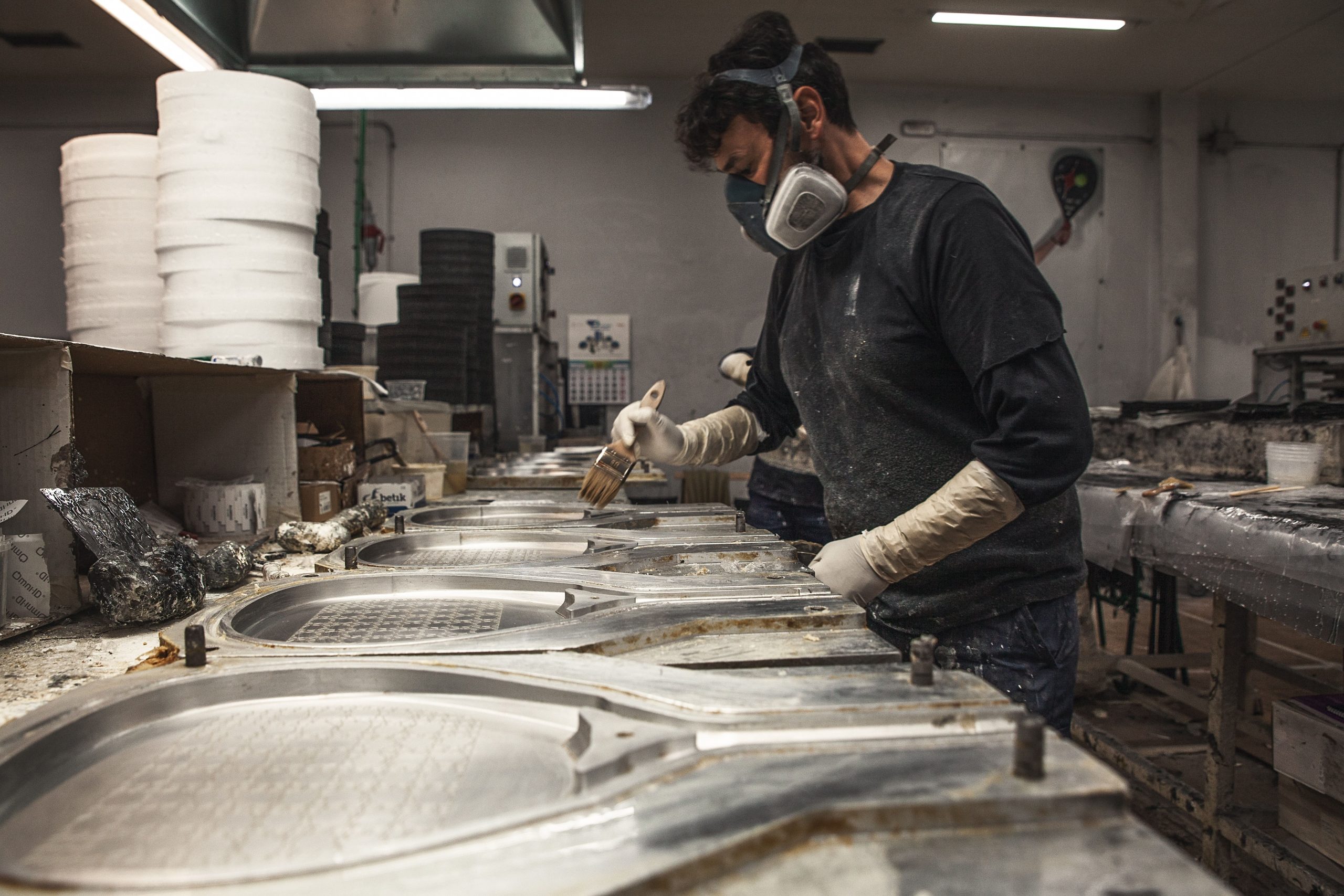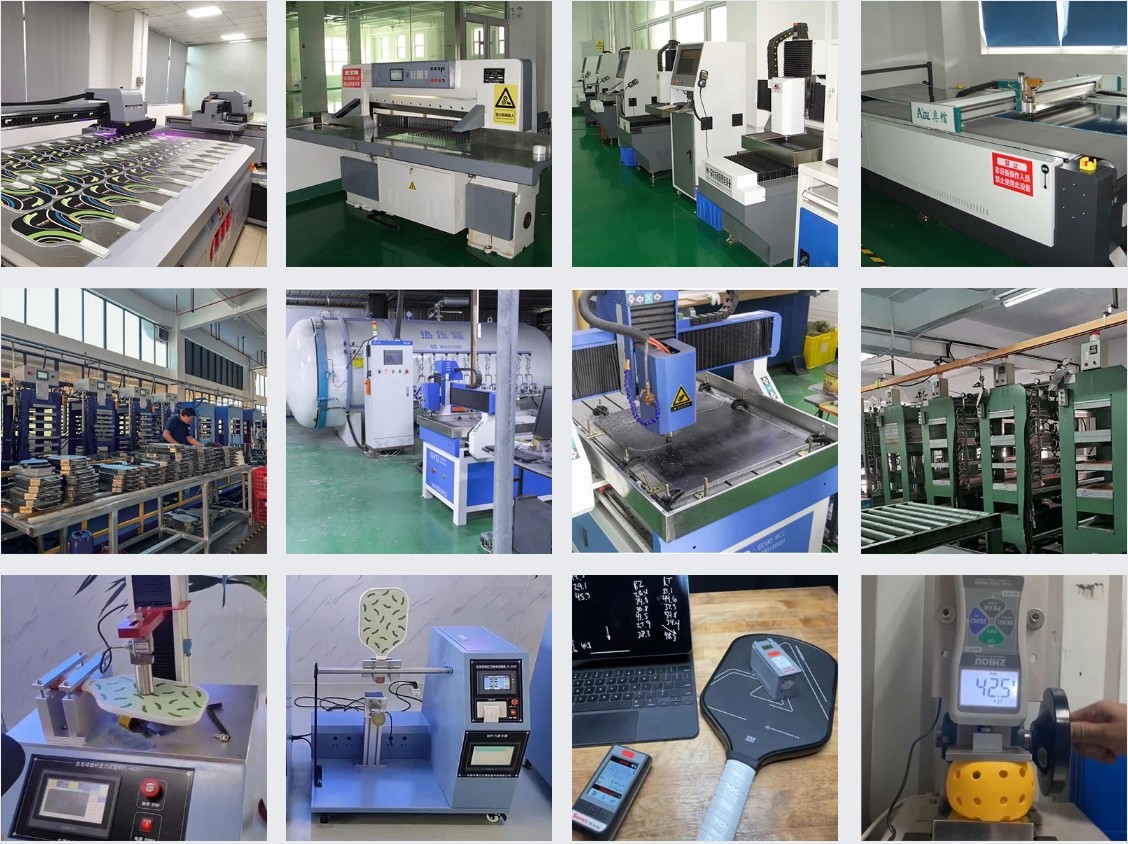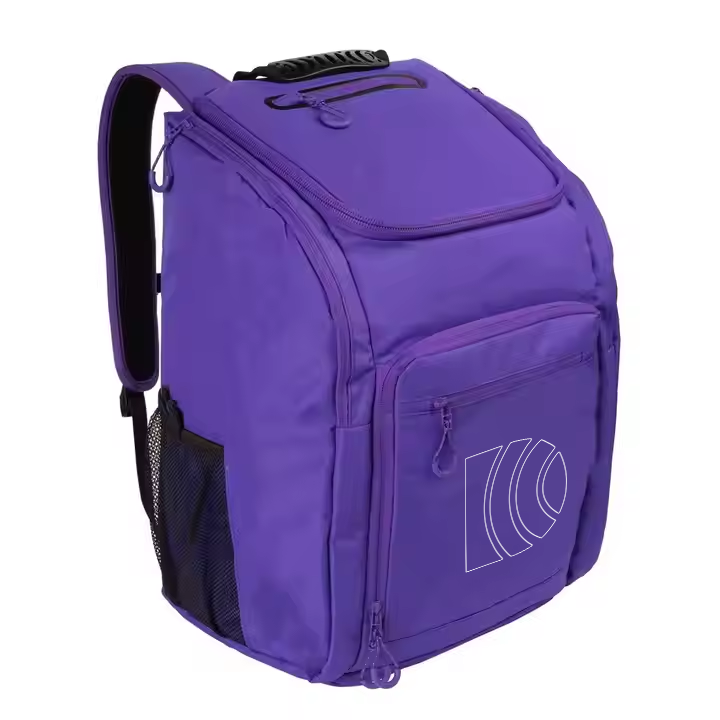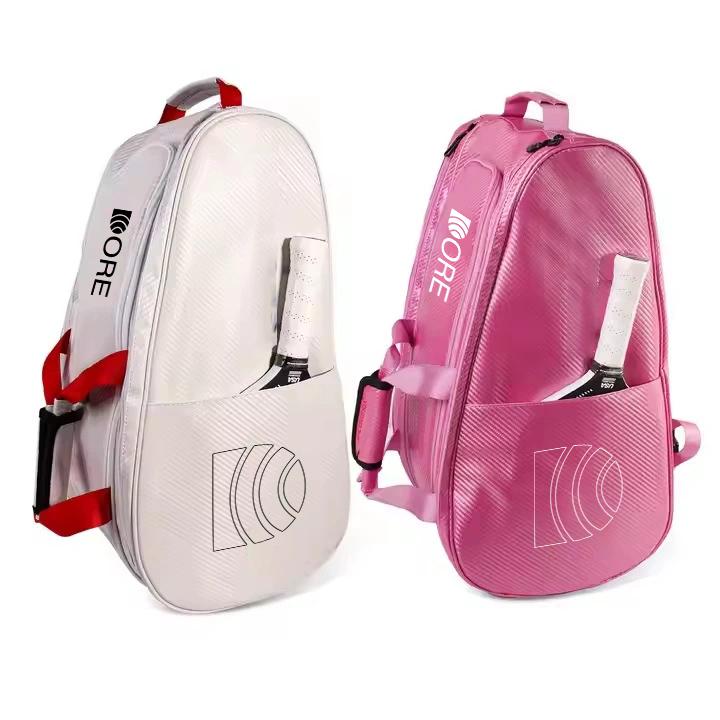Dore Sports' Perspective: Innovation to Stay Ahead
As one of China’s leading pickleball paddle manufacturers, Dore Sports recognizes the emerging competition and sees it as a positive sign of a growing global market. Rather than viewing Southeast Asian entrants as threats, Dore Sports sees this evolution as a push for excellence.
To stay ahead, Dore Sports has accelerated innovation and investment in manufacturing technology. Our Shenzhen-based factory now features full-cycle CNC machining, robotic painting lines, and proprietary hot-press molding techniques that ensure consistency and durability. In addition, we’ve strengthened our material partnerships, sourcing top-tier Japanese carbon fiber, eco-resins, and recycled core materials to lead the shift toward sustainability.
Dore Sports also responds to market changes with flexibility. We offer low MOQs and rapid prototyping, enabling smaller brands and new entrants—many from Southeast Asia—to test their designs with premium quality before scaling. Our newly launched ODM customization service makes paddle development faster, more efficient, and globally competitive.
As we watch the global pickleball manufacturing map evolve, Dore Sports is not only adapting—we're helping to shape the next phase of the supply chain.










